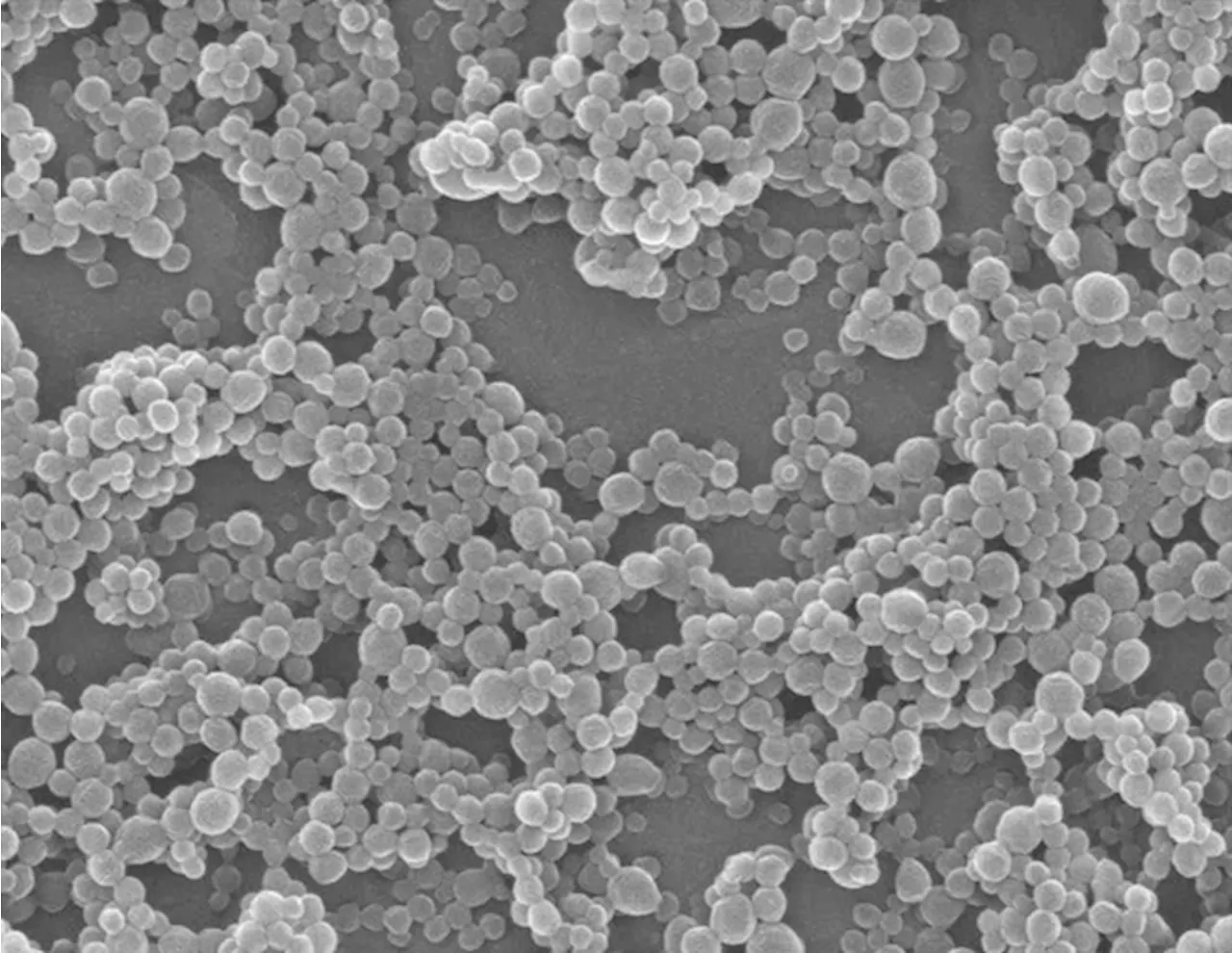Researchers explore the potential of tau-targeting therapies in treating Alzheimer's disease, focusing on immunotherapies and strategies to improve their efficacy. The study dives into the complex biology of tau proteins, their modifications, and how they can be targeted to halt the progression of Alzheimer's.
By Neha MathurOct 29 2023Reviewed by Benedette Cuffari, M.Sc. In a recent article published in the journal Nature Reviews Neurology, researchers discuss the efficacy of tau-targeting Alzheimer's disease therapies and strategies that can be implemented to improve these treatments, especially immunotherapies.
There are two cardinal hallmarks of AD pathology, including the accumulation of amyloid-β , which is the primary component of extracellular plaques, and tau protein, the main constituent of neurofibrillary tangles . Previous attempts to develop AD-modifying therapeutics focused on Aβ pathology; however, most immunotherapies and secretase modifiers targeting Aβ, except for lecanemab and donanemab, either lacked efficacy or led to adverse effects.
Tau phosphorylation In addition to the reduced activity of protein phosphatase 2A , tau kinases are believed to contribute to tau hyperphosphorylation observed in AD. These enzymes can be indirectly or directly activated by Aβ, which can subsequently contribute to increased phosphorylation of tau and its misfolding.
Tau acetylation Tau acetylation has also been observed in AD and can lead to reduced solubility and degradation of tau protein. Salsalate, which is a small-molecule non-steroidal anti-inflammatory drug , has been shown to inhibit tau acetylation in preclinical mouse studies; however, this agent was not found to be successful in a phase I clinical trial.
Active tau immunotherapies Both active and passive immunotherapies have been developed to target tau proteins. Active immunotherapy delivers a tau immunogen and is associated with several advantages, including low costs, a polyclonal antibody response, and long-term efficacy. However, the endogenous roles of tau protein outside of its contribution to AD can lead to adverse autoimmune responses, which have been observed in preclinical mouse studies.
Passive tau immunotherapies Passive immunotherapy involves targeting specific tau epitopes that are involved in AD. An additional advantage of this approach is that any adverse effects can be mitigated through subsequent antibody clearance. Nevertheless, passive immunotherapy is often more expensive and must be administered more frequently, thus increasing the risk of secondary infection and other adverse effects.
日本 最新ニュース, 日本 見出し
Similar News:他のニュース ソースから収集した、これに似たニュース記事を読むこともできます。
 Researchers identify key takeaways for AIDS service organizations to ensure resilienceThe COVID-19 pandemic overwhelmed health care systems across the United States. More than 100 million cases and one million deaths later, clinicians and researchers are still unraveling the lessons learned from this global public health crisis.
Researchers identify key takeaways for AIDS service organizations to ensure resilienceThe COVID-19 pandemic overwhelmed health care systems across the United States. More than 100 million cases and one million deaths later, clinicians and researchers are still unraveling the lessons learned from this global public health crisis.
続きを読む »
 Researchers Develop Thermally Stable Perovskite Solar CellsA team of scientists from the University of Hong Kong CityU has developed a self-assembled monolayer that enhances the thermal stability of perovskite solar cells. The cells retain over 90% of their efficiency even after being exposed to high temperatures for over 1,000 hours.
Researchers Develop Thermally Stable Perovskite Solar CellsA team of scientists from the University of Hong Kong CityU has developed a self-assembled monolayer that enhances the thermal stability of perovskite solar cells. The cells retain over 90% of their efficiency even after being exposed to high temperatures for over 1,000 hours.
続きを読む »
 Is sleep apnea the missing link between high blood pressure and Alzheimer's?Researchers explore the links between non-dipper hypertension, obstructive sleep apnea (OSA), and Alzheimer's disease (AD). They find that OSA may cause non-dipper hypertension, a condition that exacerbates AD symptoms, but also note that treating OSA can mitigate hypertension and potentially slow AD progression.
Is sleep apnea the missing link between high blood pressure and Alzheimer's?Researchers explore the links between non-dipper hypertension, obstructive sleep apnea (OSA), and Alzheimer's disease (AD). They find that OSA may cause non-dipper hypertension, a condition that exacerbates AD symptoms, but also note that treating OSA can mitigate hypertension and potentially slow AD progression.
続きを読む »
 MPs Lose Party Whip: Reasons and RepercussionsThe reasons behind MPs losing the party whip are examined in a graphic presented by Trevor Phillips. Michelle Donelan expresses concerns over pro-Palestine protests in London and calls for police intervention. The UK government is reportedly considering redefining extremism, but Donelan believes current laws are sufficient. She also mentions plans for a stricter clampdown on protestors who commit hate crimes. Donelan states that red lines for Israel are unnecessary, as international law already exists.
MPs Lose Party Whip: Reasons and RepercussionsThe reasons behind MPs losing the party whip are examined in a graphic presented by Trevor Phillips. Michelle Donelan expresses concerns over pro-Palestine protests in London and calls for police intervention. The UK government is reportedly considering redefining extremism, but Donelan believes current laws are sufficient. She also mentions plans for a stricter clampdown on protestors who commit hate crimes. Donelan states that red lines for Israel are unnecessary, as international law already exists.
続きを読む »
 UK Police Chief Calls for Stronger Laws to Combat ExtremismSir Mark Rowley, the UK Police Chief, urges for stronger laws to address extremism, stating that the current legislation is not sufficient. The government is considering redefining extremism amid concerns over the handling of protests inciting hatred. While the police will enforce the law rigorously, they aim to avoid arresting individuals if their actions are not prosecutable.
UK Police Chief Calls for Stronger Laws to Combat ExtremismSir Mark Rowley, the UK Police Chief, urges for stronger laws to address extremism, stating that the current legislation is not sufficient. The government is considering redefining extremism amid concerns over the handling of protests inciting hatred. While the police will enforce the law rigorously, they aim to avoid arresting individuals if their actions are not prosecutable.
続きを読む »
 Plant-based materials will be the building blocks for soft medical microrobotsA team of University of Waterloo researchers has created smart, advanced materials that will be the building blocks for a future generation of soft medical microrobots.
Plant-based materials will be the building blocks for soft medical microrobotsA team of University of Waterloo researchers has created smart, advanced materials that will be the building blocks for a future generation of soft medical microrobots.
続きを読む »
